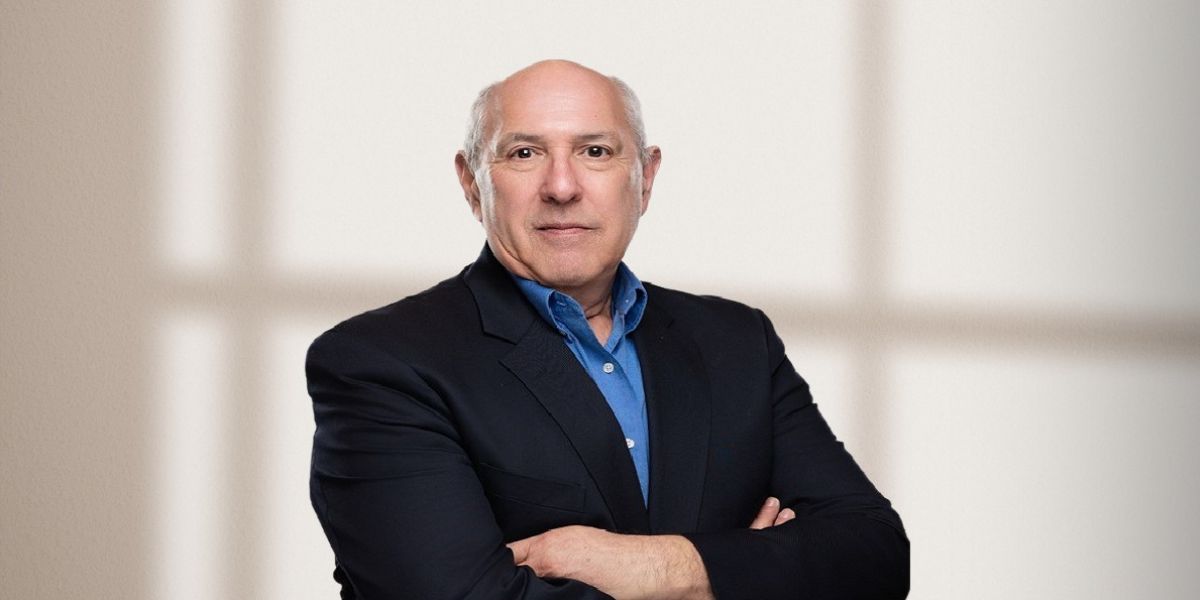By: Frederick J Fisher
Frederick J Fisher, J.D., CCP, Author of Claims-Made Insurance: The Policy that Changed the Industry.
Insurance may not be the most engaging topic of conversation, yet it remains essential for both personal and business protection. Many individuals and organizations assume they hold sufficient coverage based on general discussions with their insurance providers. However, coverage gaps can sometimes become apparent only when filing a claim—an unfortunate time for such discoveries.
Recent cases underscore the importance of clear communication regarding coverage needs. Consider the case of Crumbl, which faced court proceedings from a Warner Music Group subsidiary for copyright violations. The company did not have Media Liability coverage when it was sued for using 159 copyrighted songs and musical compositions in promotional videos without proper licenses. This situation demonstrates the need for comprehensive discussions about specific coverage requirements.
Another notable case involves actress Blake Lively, who filed a civil complaint alleging sexual harassment during the filming of It Ends with Us. The complaint also named actor Justin Baldoni and executives at Wayfarer Studios. When the case was filed and submitted to their insurer, coverage was denied based on issues related to prior knowledge, notice requirements, and application disclosures. This case is one of approximately 274 comparable coverage denials documented over the past decade.
In 2023, I published research through the International Risk Management Institute (IRMI) examining 224 coverage denials across six categories, including “prior knowledge and notice and failure to disclose.” Since that publication, IRMI has documented an additional 50 similar claim denials, suggesting a continuing trend of communication challenges between policyholders and their insurance coverage.
A significant factor contributing to these issues is the regulatory framework governing insurance producer obligations. Thirty-seven states, including California, do not require insurance producers to provide advisory services to policyholders. In these jurisdictions, the expectation is that policyholders are responsible for understanding their needs and reviewing their policies accordingly. This creates a service model where producers fulfill orders rather than provide consultative guidance.
This approach differs notably from other professional relationships where advisory services are standard. For example, medical professionals typically assess patient needs and recommend appropriate treatments rather than simply providing what patients initially request.
The current structure may result in gaps in understanding between what policyholders expect from their coverage and what their policies actually provide. These misunderstandings could contribute to coverage disputes when claims are filed.

Photo Courtesy: Frederick J Fisher
My book, Claims-Made Insurance: The Policy that Changed the Industry, explores these communication challenges and their implications for policyholders. It discusses the complexities of claims-made policies and the significance of being familiar with policy terms and notification requirements.
The insurance industry operates within established legal and regulatory frameworks. Gaining a clear understanding of these frameworks and maintaining effective communication between all parties can contribute to minimizing coverage disputes and may help ensure that policyholders are aligned with protection suitable for their specific risks.
For businesses and individuals purchasing insurance, key recommendations include:
- Clearly describing specific coverage needs and potential risk exposures.
- Carefully reviewing policy documents before purchase and at renewal.
- Becoming familiar with notification requirements, especially for claims-made policies.
- Keeping comprehensive records of communications with insurance providers.
- Asking questions about any unclear policy terms or coverage elements.
Effective insurance relationships depend on proactive efforts from all parties to help ensure that coverage reflects actual needs and expectations.
Brief Bio for Frederick Fisher
Frederick Fisher, J.D., CCP, is a seasoned expert in Professional Liability with a career spanning over 50 years. Fisher’s career began with two decades as a Professional Lines Claims Adjuster, focusing on Professional Liability claims, qualitative claim audits, risk management, and loss control. Later, he founded ELM Insurance Brokers, where he served as CEO for over 20 years. Currently, he consults as a Subject Matter Expert for several PLUS RPLU courses, is recognized by A.M. Best as a recommended expert, and provides expert witness testimony. His book, Claims Made Insurance – The Policy That Changed the Industry, was published by the Insurance Journal/Wells Publishing Co.
Disclaimer: The information provided in this article is intended for general informational purposes only and should not be construed as legal, insurance, or financial advice. Readers are encouraged to seek professional guidance tailored to their specific needs and circumstances. The cases mentioned are provided as examples and may not represent the full range of outcomes in similar situations.
















